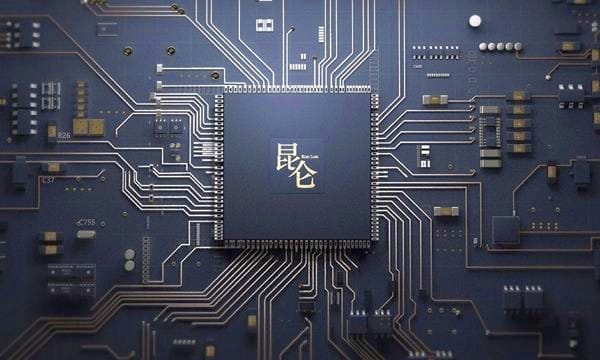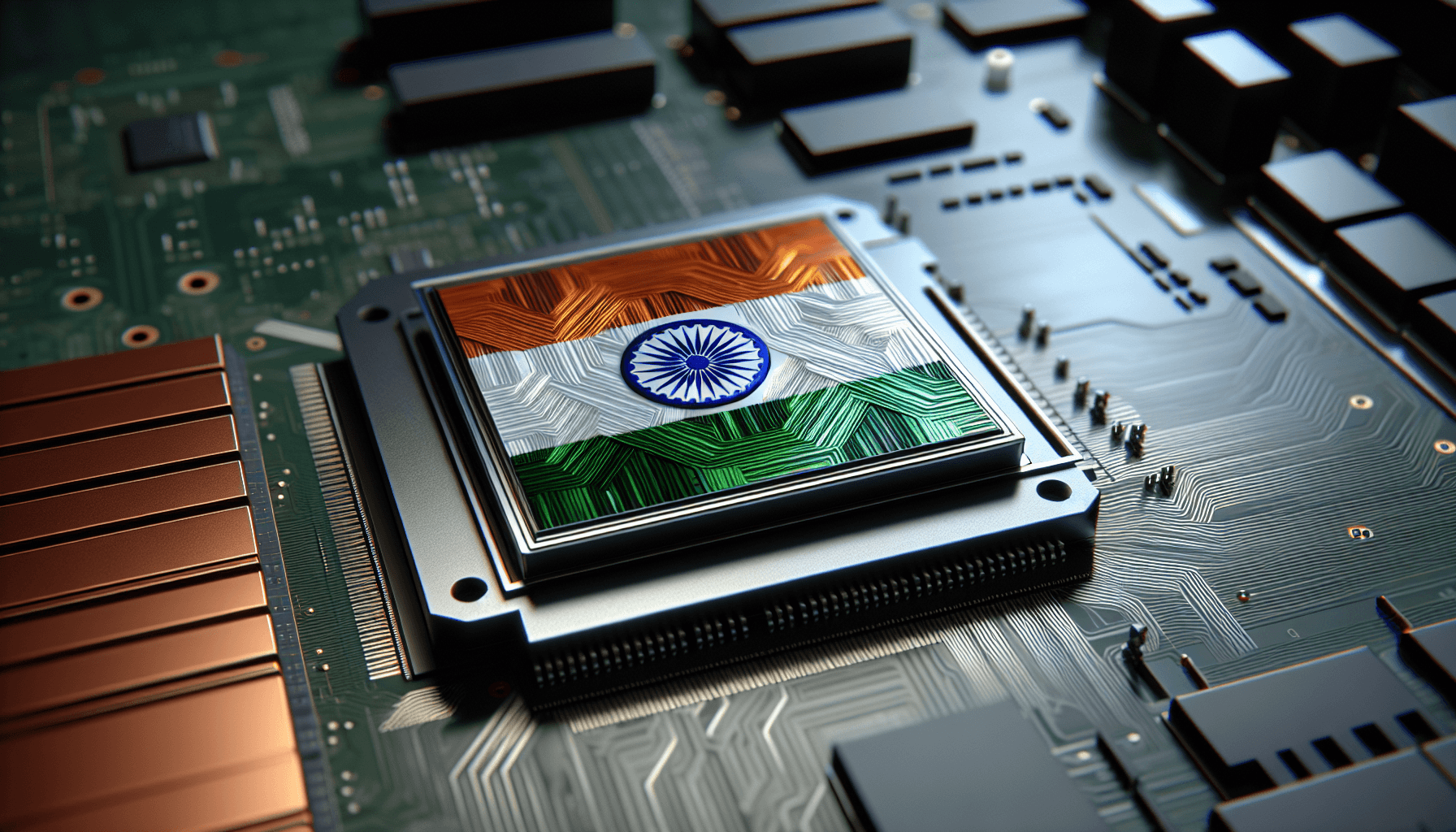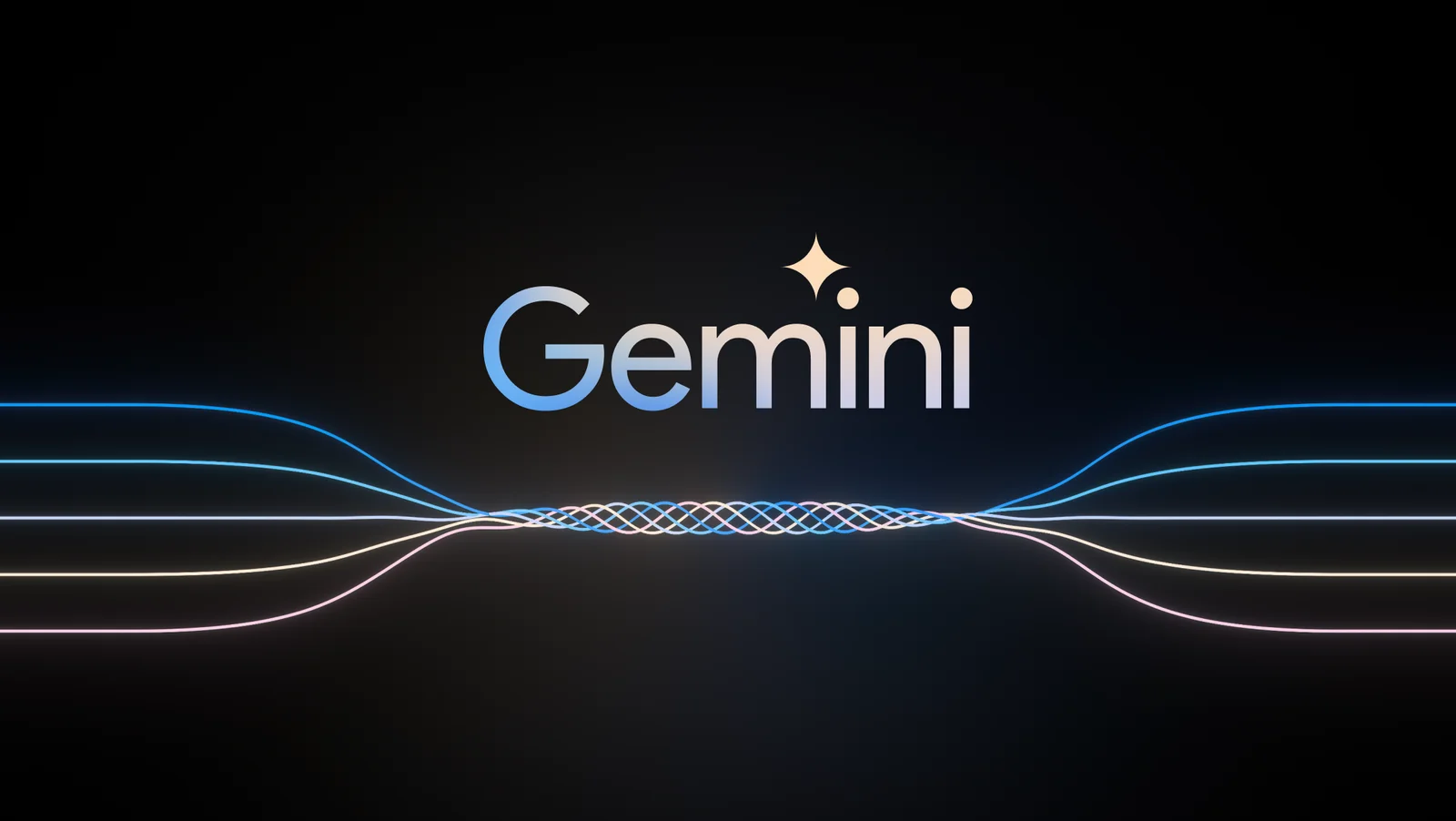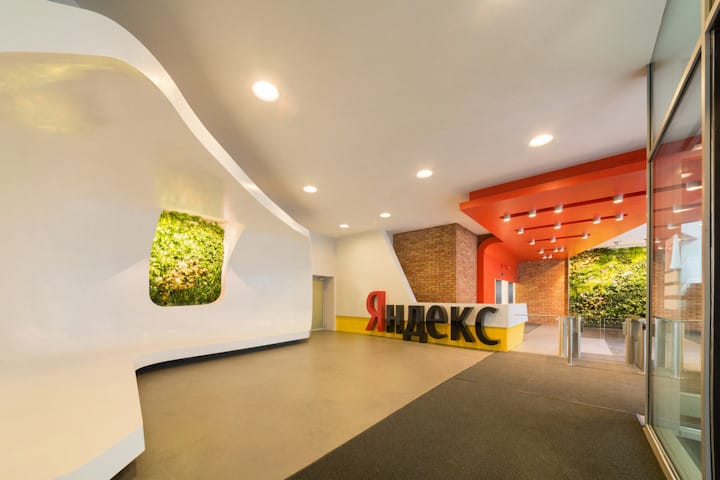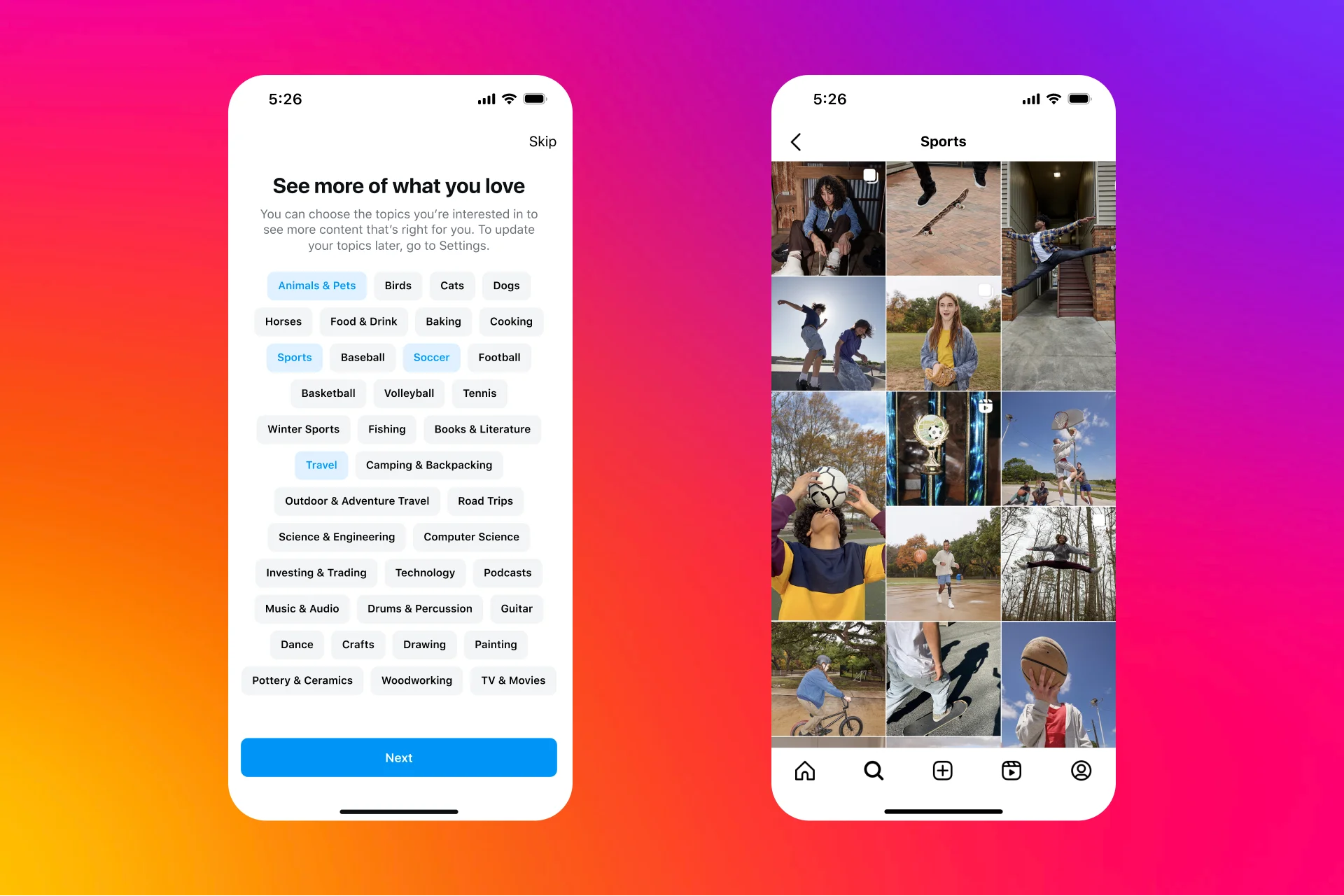Meta has had to abandon its ambitions for a nuclear-powered AI data center in the United States due to environmental hurdles. The company initially aimed to establish a facility that would utilize emissions-free energy from a recognized nuclear plant operator, positioning Meta as one of the pioneering tech entities to look into nuclear energy specifically for AI processing.
Environmental Challenges Arise
Unfortunately, the discovery of a rare bee species on the selected location for the data center introduced regulatory and environmental challenges, which ultimately resulted in the cessation of the project. This unexpected finding presented significant issues that Meta could not navigate, leading to the decision to halt the initiative.
The Quest for Sustainable Energy
Big tech firms are increasingly turning to nuclear power as a solution for their energy needs in AI advancement, primarily because AI models necessitate immense computational capabilities, resulting in high energy consumption, often 24/7. Conventional energy sources, particularly fossil fuels, face difficulties in offering sustainable and scalable energy without boosting carbon emissions.
In contrast, nuclear energy provides a reliable, emissions-free power source that aligns with the environmental goals and long-term objectives of the tech industry, making it an attractive option for companies like Meta.
A Setback for Meta’s Nuclear Goals
During an all-hands meeting, CEO Mark Zuckerberg shared his frustration, indicating that the company was ready to proceed with the nuclear supplier to guarantee clean energy for the facility. Although Meta’s nuclear aspirations for this particular site are currently on hold, the company is still considering other pathways to obtain low-carbon energy. This strategy is in line with a larger movement among tech giants such as Microsoft, Google, and Amazon, all of which have recently expressed interest in nuclear energy for their data centers.
For instance, Microsoft has entered into a 20-year contract to obtain energy from the historic Three Mile Island nuclear facility, which has been renamed the Crane Clean Energy Center, to fuel its own AI projects. Meanwhile, Google and Amazon are investing in small modular reactors (SMRs), which are compact nuclear units designed for safer and more flexible implementation, with Google anticipating that its reactors will be active by 2030.
Looking Ahead
Meta is still dedicated to investigating further clean energy sources to support its data-heavy AI operations. The tech industry’s growing dependence on nuclear energy highlights the increasing energy demands of AI and the essential role of clean energy in achieving sustainability objectives. Nevertheless, for the time being, the presence of at-risk wildlife and the regulatory environment have shifted Meta’s plans for a nuclear-driven AI future.

